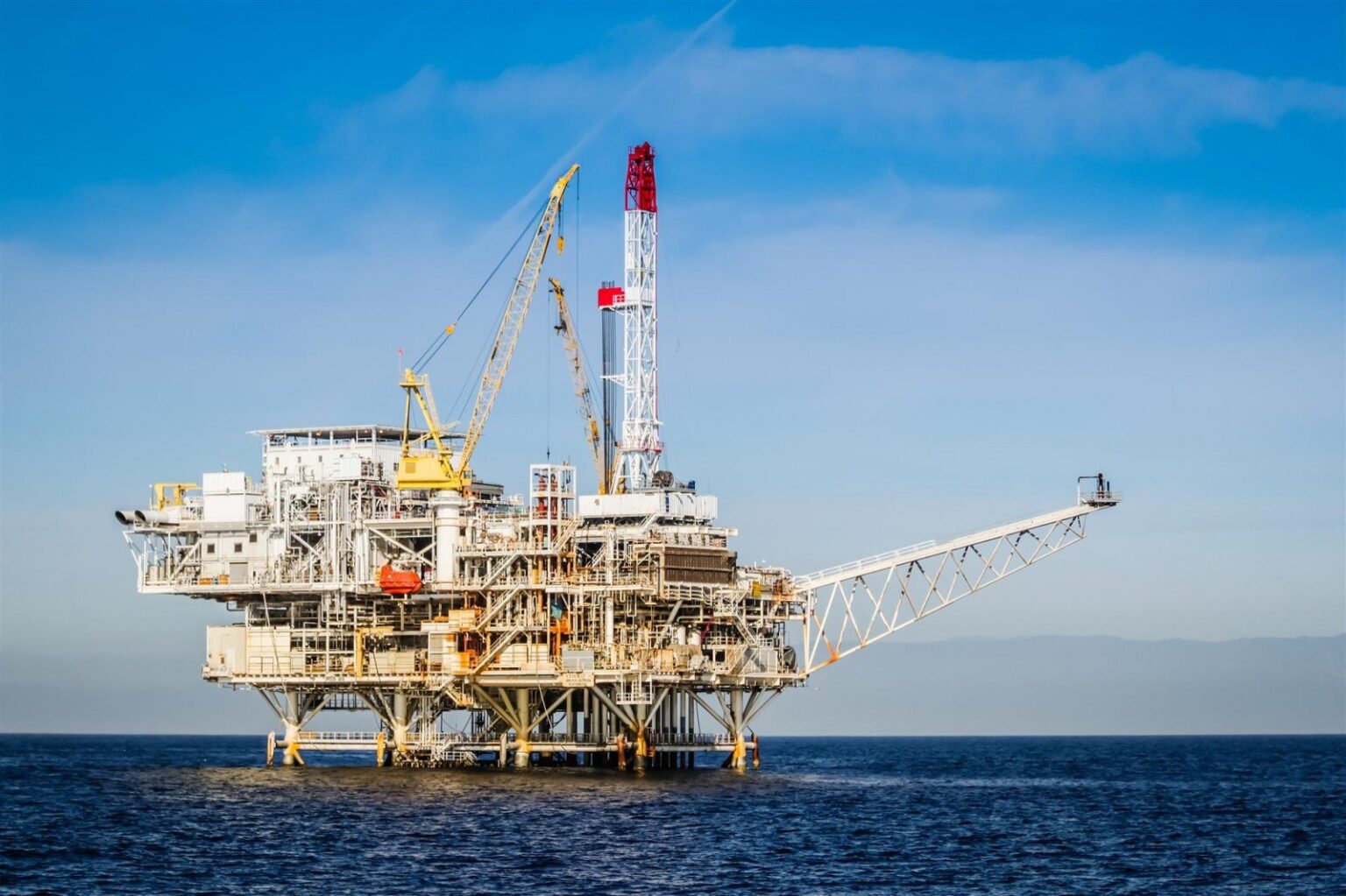- Shell also ventured into offshore gas mining in Nigeria last month
- In conjunction with gas monetization efforts, Nigeria is leading major pipeline projects for the offshore gas mining project
- Nigeria has estimated 203 trillion cubic feet of natural gas
Nigeria is ready to solidify its position in the global oil market by leveraging its vast natural gas reserves through an offshore gas mining facility. With an estimated 203 trillion cubic feet of natural gas, the country strategically positions itself as a leading exporter of Liquefied Natural Gdurex intense vibrations ring air max 270 women inflatable kayak durex intense vibrations ring black friday wig sale college football jerseys nike air jordan 1 elevate low fsu football jersey deuce vaughn jersey yeezy shoes under 1000 latex hood custom stitched nfl jersey borsa prima classe castelli gabba durex intense vibrations ring as (LNG) to global markets.
The monumental $5-billion Nigeria LNG Train 7 expansion project is at the core of Nigeria’s ambitions. This initiative aims to increase processing capacity by 35 per cent, from 22 million tonnes to 30 million tonnes annually.
This expansion will enable higher gas volumes to be exported to gas-hungry markets, particularly in Europe, where Nigeria sent 9.4 billion cubic meters of LNG in 2023 alone.
Nigeria understands the critical importance of significant investments in deep-water gas projects and infrastructure development to expedite exports and achieve its goals.
The upcoming Invest in African Energy 2024 forum, scheduled in Paris on May 14-15, will serve as a platform to showcase Nigerian and African investment opportunities in deepwater exploration, gas monetization, and midstream infrastructure.
Offshore Gas Mining Plan
In response to Nigeria’s call for upstream investment, major international oil companies (IOCs) are intensifying their focus on offshore projects. Shell, for instance, recently announced plans to increase its investments in deepwater exploration, allocating $1 billion over the next decade to strengthen Nigeria’s gas supplies.
However, Nigeria recognizes the necessity of enhancing gas infrastructure to realize its full potential. Gas monetization emerges as a crucial strategy to reduce gas flaring, a practice that led to about 275 million cubic feet per day in 2023.
The country aims to utilize this flared gas to produce power, presenting significant opportunities in gas-to-power infrastructure. The allocation of 48 flaring gas sites for commercialization demonstrates Nigeria’s commitment to expanding the domestic gas market and reducing upstream carbon emissions.
Along with gas monetization efforts, Nigeria is leading major pipeline projects, including the Nigeria-Morocco and Ajaokuta-Kaduna-Kano (AKK) pipelines.
The Nigeria-Morocco pipeline, which passes through 13 West African countries, is crucial for Nigeria’s access to the European market, and it is awaiting a final investment decision. Simultaneously, the AKK pipeline seeks to enhance domestic gas transportation, promoting industrialization and driving job creation, with an expected completion date in mid-2024.
“As Nigeria guides its oil and gas sector towards greater prominence on the global stage, stakeholders anticipate a transformative period characterized by improved infrastructure, increased investment, and sustained growth in LNG exports,” said African continent’s leading investment platform for the energy sector, Energy Capital & Power.
IOCs Double Down Offshore
Nigeria has issued a call for upstream investment, with a strong focus on deep offshore and a 2024 licensing round on the cards to attract new explorers. Supermajor Shell answered the call last week, announcing plans to deepen its investments in deep water and invest $1 billion over the next decade to develop Nigeria’s gas supplies.
Its primary prospects include extending the life of the Bonga FPSO vessel, developing its Bonga North, Bonga South-West and Nnwa Doro assets, and maturing several projects planned to come onstream in the short-, medium- and long-term.
Total Energies has also begun production at the Offshore Gas Mining spot of Akpo West field offshore Nigeria, adding 14,000 barrels of condensate production per day, followed by an additional 4 million cubic meters of gas per day by 2028.
Chevron is also scaling up investments in Nigeria’s deepwater space, with upcoming plans to conduct seismic data acquisition in several deepwater blocks and expand its Agbami field project.
As IOCs double down on new exploration and development activities, opportunities open up for offshore drilling contractors, service providers, and national companies to play an active role in Nigeria’s deepwater revival.
Sufficient Gas Infrastructure Needed
Nigeria is also utilizing gas monetization to eliminate gas flaring, having flared around 275 million cubic feet per day in 2023. The gas flared in Nigeria has the potential to generate 1.125 GW of power for the country, representing substantial opportunities in gas-to-power infrastructure.
Meanwhile, the Nigerian Upstream Petroleum Regulatory Commission awarded 48 flaring gas sites for commercialization as part of efforts to expand the domestic gas market and decarbonize upstream activities.
Read Also: AFC unveils strategic partnerships to boost Africa’s mining sector
Nigeria’s gas production from the Offshore Gas Mining Plan is expected to reach 12.2 billion cubic feet per day by 2030 – it is also driven by major pipeline projects, including the Nigeria-Morocco pipeline and the Ajaokuta-Kaduna-Kano (AKK) pipeline. Capable of delivering 3 billion cubic feet per day, the Nigeria-Morocco pipeline spans 13 West African countries and represents the path to Nigeria accessing the European market.
The two countries met last month to fast-track the project’s development, awaiting a final investment decision. Meanwhile, the AKK pipeline will transport up to 2 billion cubic feet of gas daily from southern to central Nigeria – focusing on driving power generation, industrialization and new job opportunities – and is expected to be completed by mid-2024.
